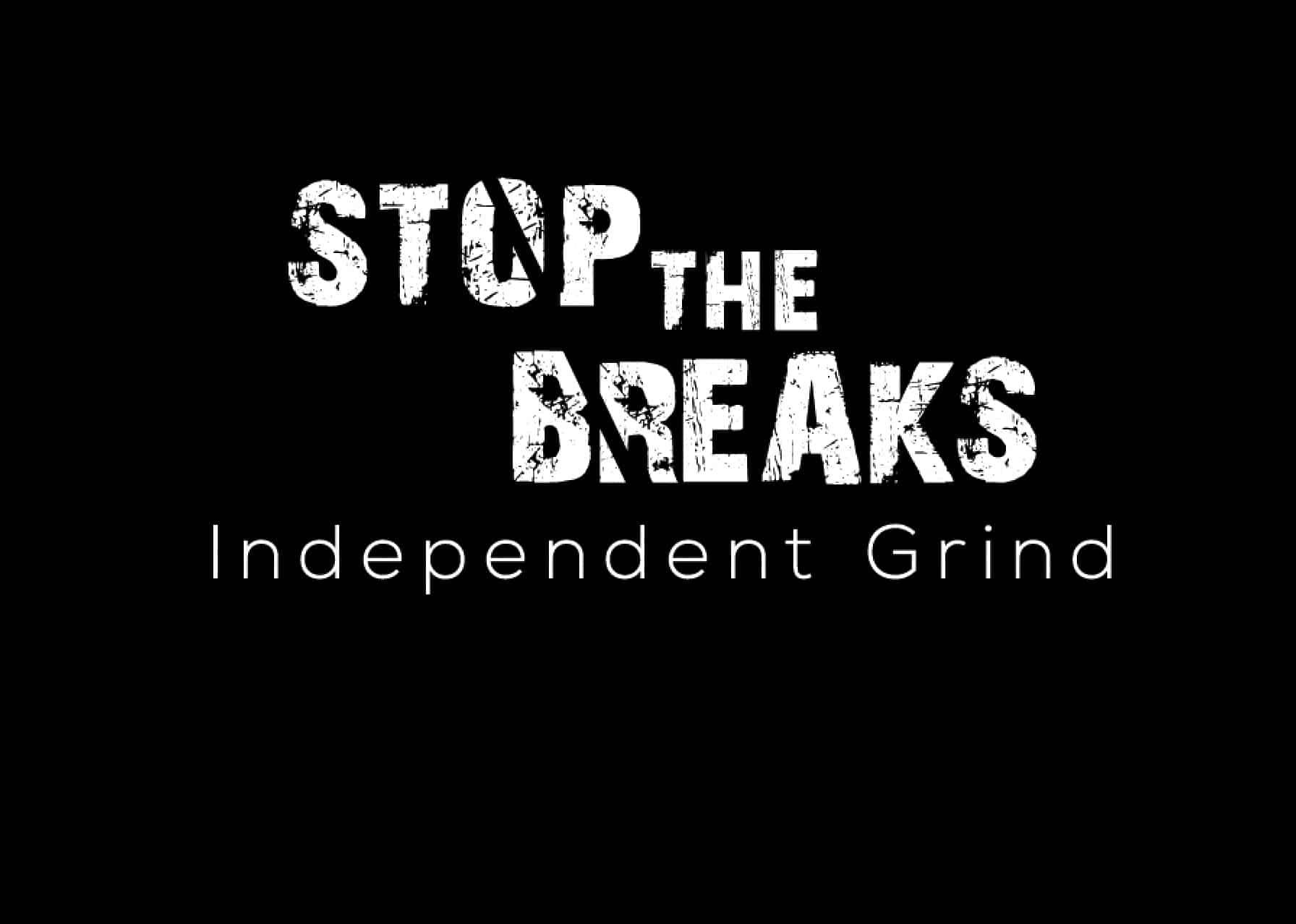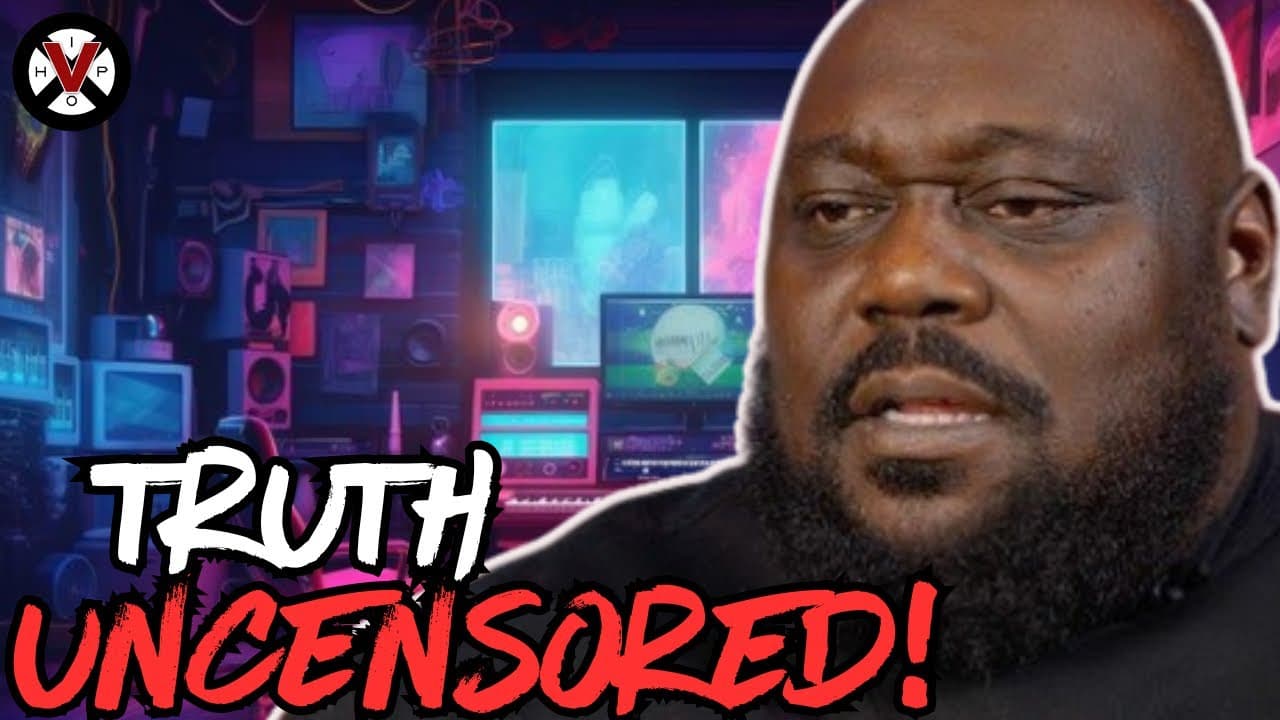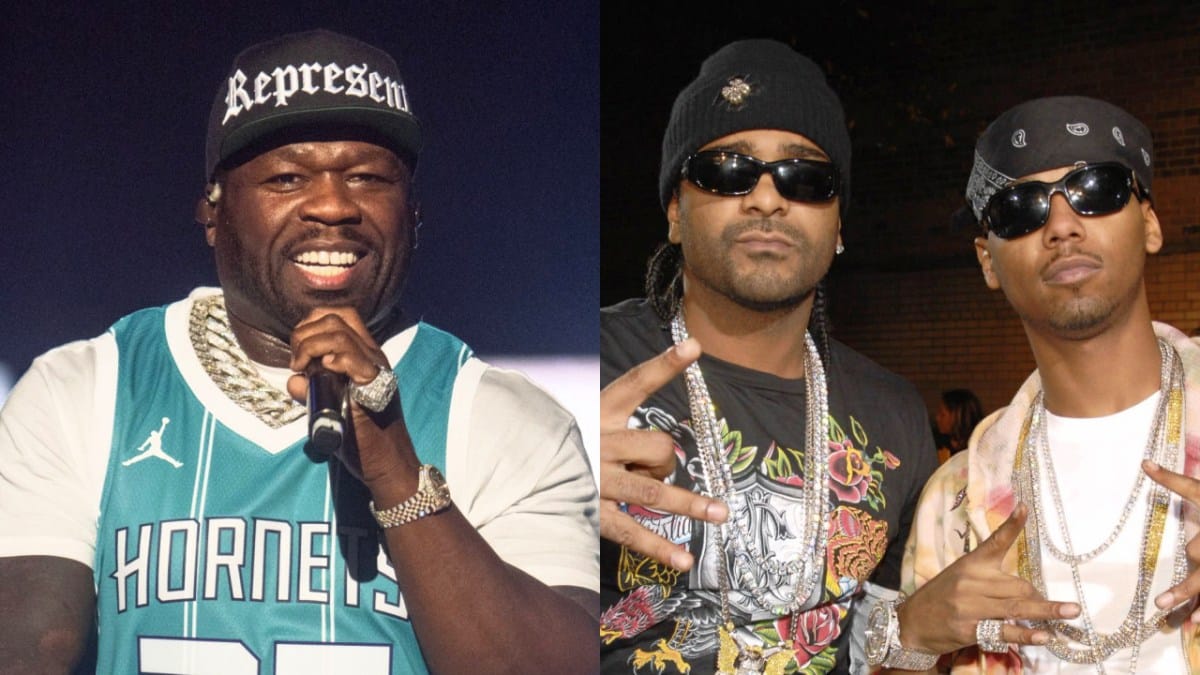In today’s digital age, navigating the tangled web of media narratives can be both fascinating and bewildering. Dive into some recent high-profile discussions to uncover the issues that capture public attention.
In this engaging article, we’ll explore various perspectives on controversial figures, their actions, and how public perceptions evolve over time. These discussions reveal much about our society’s values, biases, and the power of media.
Questioning Media Narratives
Many public figures find themselves scrutinized through the lens of the media. Stories emerge, weaving intricate tales that are often hard to dissect. Inaccurate portrayals can shape public opinion, leading to misconceptions and unjust judgments.
Navigating these narratives demands critical thinking. It’s crucial to differentiate between fact and fiction, and between personal vendettas and genuine criticism. As the stories evolve, so does the public’s understanding and the eventual verdict in the court of public opinion.
The Role of Historical Context
Understanding the significance behind modern controversies requires a look back at history. For example, the Man Act, initially created to curb human trafficking, has been spotlighted in discussions about artists and celebrities.
Historical laws often resurface in modern debates, sometimes being misrepresented. This law was initially designed to stop real human trafficking, yet its application today can sometimes be twisted, reflecting societal changes and contemporary moral dilemmas.
The Impact of Personal Experiences
The personal experiences of individuals involved provide another layer of complexity. These stories can range from genuine grievances to exaggerated claims, making it difficult to discern the truth.
For those directly affected, these moments shape their reality. Whether it’s allegations or vindications, the emotional impact is undeniable. Each account adds depth to the narrative, challenging audiences to understand multifaceted human experiences.
Public Perception vs. Reality
Public perception can often differ drastically from reality. Social media and online platforms amplify voices, sometimes leading to an echo chamber effect. What’s trending might not always be the full story.
It’s important to recognize this disconnect. The sensation created by media coverage can overshadow facts, leading to skewed perceptions. Being informed means looking beyond the headlines to the nuances that shape these stories.
Legal and Ethical Implications
Controversies are also rife with legal and ethical implications. For instance, allegations against celebrities can lead to complex legal battles, heavily influenced by public sentiment.
These cases highlight the thin line between moral judgment and legal accountability. Society’s views on justice and fairness come to the forefront as each case unfolds, often sparking widespread debates about ethics and responsibility.
The Power of Redemption
Amidst the controversies, the theme of redemption often emerges. Public figures may face severe backlash but also have opportunities to rehabilitate their image. Success stories of rebuilding one’s reputation can be both inspiring and intriguing.
This duality of falling from grace and rising back up reflects the human capacity for change. It also highlights society’s role in providing second chances or condemning individuals based on past actions.
The Future of Media Coverage
As media evolves, so does its coverage of controversial figures. Future narratives will likely be shaped by technological advancements and changing societal norms.
It’s foreseeable that emerging trends in media will continue to influence public perception. Understanding this evolution is key to navigating future controversies with a more informed and balanced perspective.
In a world where media narratives are constantly shifting, understanding controversies requires a balanced and informed approach. This exploration of high-profile discussions sheds light on the intricate dynamics at play.
By delving deeper into these issues, we can better grasp the underlying factors that drive public opinion. Staying informed and critical is essential in navigating the ever-evolving landscape of media and controversy.




